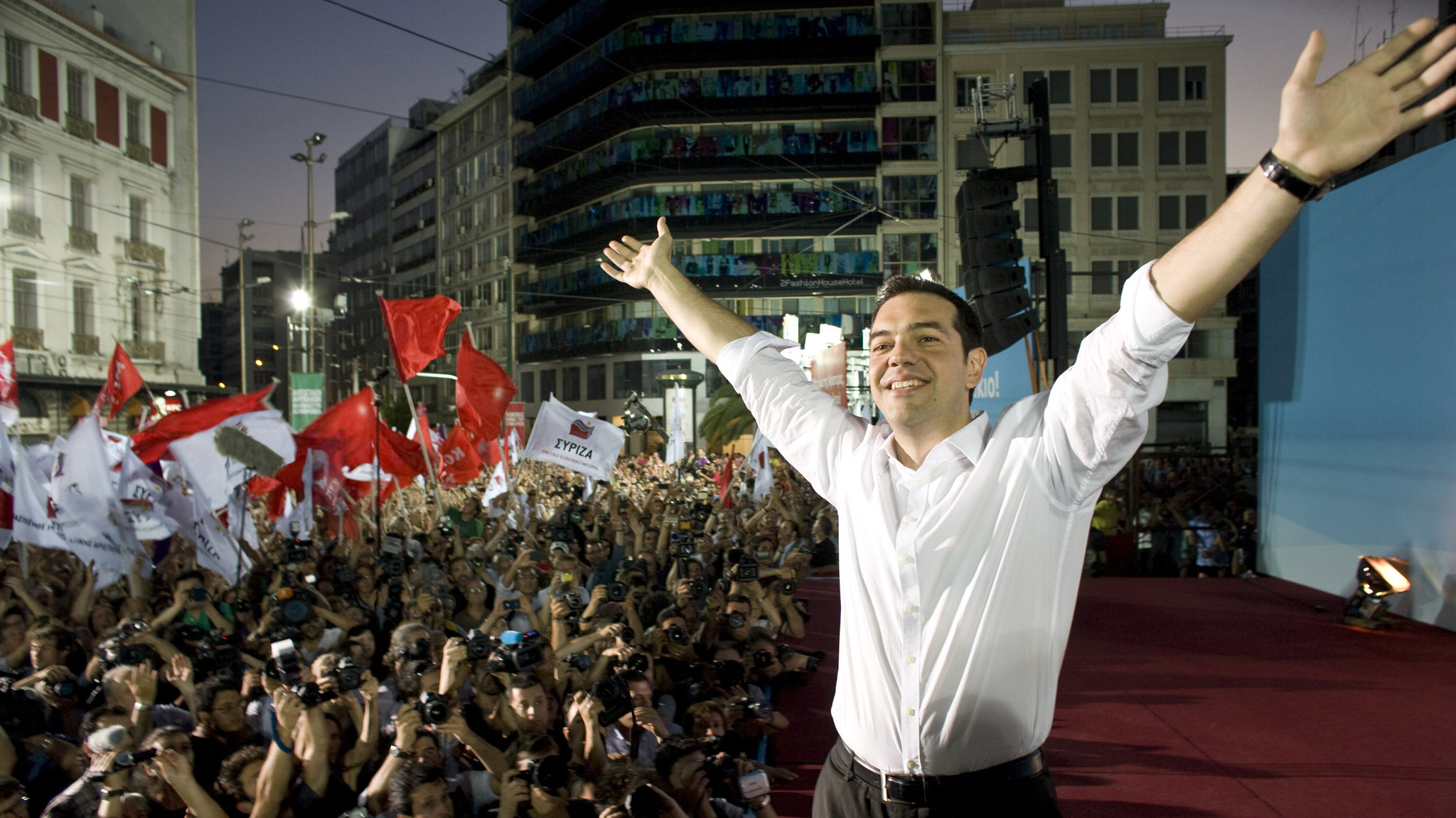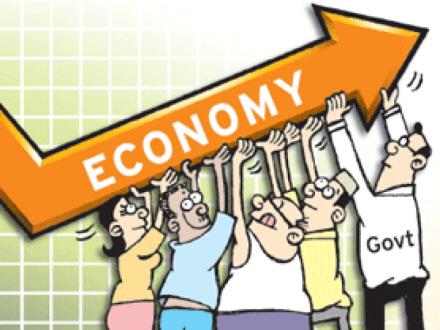
Whether Greece will default in the coming weeks or whether the proverbial can will be kicked down the road again by some extension or other is uncertain. But in the end, Greece will default and leave the Eurozone. Why?
With all the hullabaloo and hoopla currently circulating about the grandstanding competition between Greece’s new government and the Troika, there are currently three realities that are not being dealt with by anybody. Not the new Syriza government, not the Troika, and not the media reporting on the fight between them.
Those realities are:
- The current bailout framework has not lessened Greece’s debt burden at all. Few acknowledge this.
- In order to survive financially, Greece has to repudiate, in some way, at least half of its existing debt.
- In order to continue to survive after repudiating at least some of its debt, the Greek government will have to spend less money than it did when initially getting itself into its current debt troubles.
The problem is, the Troika does not acknowledge #1. Further, nobody currently holding Greek debt wants any part of their assets impaired, making #2 impossible. The Greek government comprising the Alexis Tsipras/Yanis Varoufakis tag team has not indicated, in any way whatsoever, that they are willing to spend less money than their predecessors did while getting the country into this crisis in the first place.
Given that all three of these conditions are necessary in order for Greece to survive within the Eurozone without a Grexit, and given that not even one of these conditions is even acknowledged by both sides of the divide, means that default it inevitable and Greece is on its way out of the Eurozone.
The Crux of it – Spending versus Production
The crux of the whole problem lay in the fact that both sides – the Troika as well as the new Tsipras/Varoufakis led government – all believe that government spending necessarily grows the economy. If Greece’s leaders are mired in the fallacy that public spending is necessary for economic growth, there is no way that they can extricate themselves from this crisis, ever, even if the bailout is extended indefinitely.

In fact, no spending of any kind ever grows an economy. It is production that grows an economy. The inherent logic of this statement is evident in the definition of the word “growth” itself. In order to grow, you need to have more things than you had before. Whether we are talking about cells in your body or people in your family or wealth in an economy, there needs to be more stuff tomorrow than there was yesterday. Otherwise, you are either static, or shrinking.
What is spending? Spending is simply the transfer of money for a good or service. It does not by itself produce anything, make anything bigger or smaller. It only transfers wealth within an economy through exchange. Whether someone, or some company or entity, produces from that point or consumes is its own choice. If consumption, then there is less stuff than before, and an economy shrinks. If production, then there is more stuff than before, and an economy grows.
In order to grow, Greece needs to produce things, not spend. Yes, spending is necessary for production, but every side in this conflict sees spending per se as necessary. And the spending that Tsipras wants is more government workers with higher pensions. Will that produce anything in the country? No, bureaucrats don’t produce anything. They only make rules. And they certainly don’t produce more by having higher pensions.
Given that nobody involved in this crisis is even talking about production, but spending, there is no way out but to start over. Once it defaults, Greece will have the option of keeping the Euro but without being able to borrow at all from anyone. The prospect of a Tsipras administration living strictly on tax income without borrowing in the debt markets is laughable. Instead, Tsipras will leave the Euro to print his own Drachma and fund his promises that way.
From there, the front line will move to Italy, and the whole spending argument will begin again, with nobody focusing on production.





